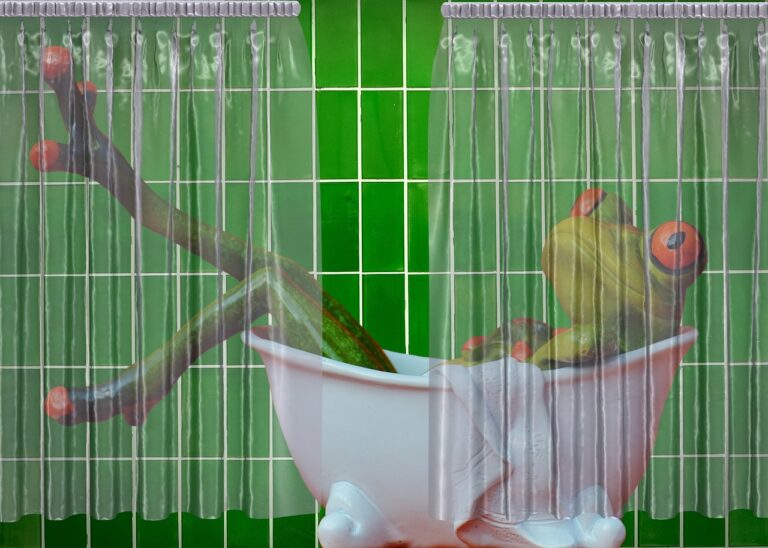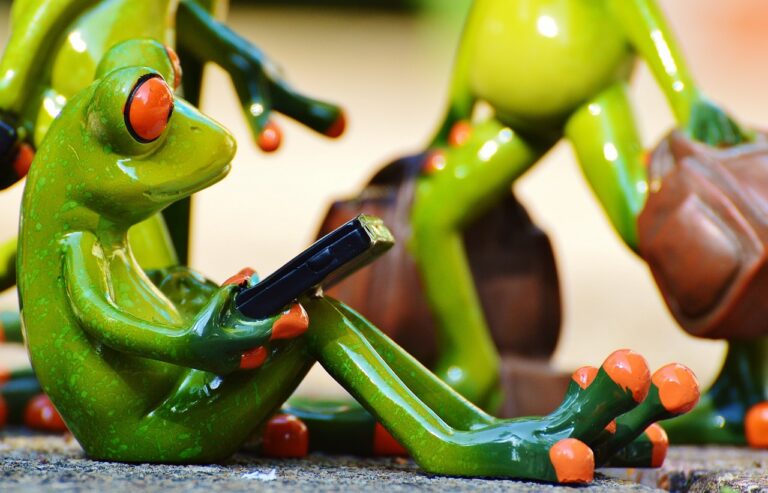Analyzing the Representation of Women in Superhero Movies
Over the years, the portrayal of female superheroes in cinema has undergone a significant transformation. Initially, female characters in superhero films were often depicted as sidekicks or love interests, with limited agency or depth. However, in recent years, there has been a notable shift towards more dynamic and empowered female characters who stand on their own as superheroes, rather than merely supporting male counterparts.
This evolution can be attributed to a growing demand for more representation and diversity in film, as well as changing societal norms regarding gender roles. Audiences are increasingly drawn to strong, independent female characters who are capable of saving the day and driving the plot forward. As a result, filmmakers have begun to explore the complexities of female superheroes, their struggles, flaws, and triumphs, giving them the depth and nuance previously reserved for male counterparts.
Portrayal of Female Superheroes in Comic Books vs. Movies
In comic books, female superheroes have often been depicted as strong, independent characters with unique abilities and complex storylines. They are portrayed as equals to their male counterparts, capable of standing on their own and fighting alongside them in battles against evil forces. These characters are given depth and agency, making them compelling and relatable to readers.
However, when these female superheroes are adapted into movies, their portrayal sometimes undergoes changes that cater to mainstream audiences. They may be portrayed in a more sexualized or stereotypical manner, focusing more on their physical appearance rather than their abilities and personalities. This shift in focus can diminish the complexity of their characters, reducing them to one-dimensional figures defined by their looks rather than their strengths and vulnerabilities.
Gender Stereotypes in Superhero Films
Superhero films have long been criticized for perpetuating gender stereotypes, particularly in the portrayal of female characters. Often relegated to the role of damsel in distress or love interest, female superheroes have historically been depicted as secondary to their male counterparts. They are frequently portrayed as needing to be rescued or saved, reinforcing the notion that they are not as capable or powerful as male superheroes.
Moreover, female superheroes in films are often hypersexualized, with their costumes emphasizing their physical attributes over their abilities and skills. This objectification of women serves to cater to the male gaze, prioritizing their appearance and desirability over their strength and intelligence. These stereotypes not only limit the representation of women in superhero narratives but also perpetuate harmful societal norms regarding gender roles and expectations.
How have female superheroes evolved in cinema over the years?
Female superheroes in cinema have evolved from being largely side characters or love interests to taking on more prominent and powerful roles as main characters in their own right.
How do the portrayal of female superheroes differ in comic books versus movies?
In comic books, female superheroes have often been sexualized or portrayed as damsels in distress, while in movies, there has been a shift towards more empowering and diverse representations of female superheroes.
What are some common gender stereotypes seen in superhero films?
Some common gender stereotypes in superhero films include the portrayal of male superheroes as strong, stoic, and dominant, while female superheroes are often depicted as nurturing, emotional, and in need of rescuing.
How do gender stereotypes in superhero films impact society’s perception of gender roles?
Gender stereotypes in superhero films can reinforce traditional gender roles and expectations, perpetuating the idea that men should be strong and powerful, while women should be passive and dependent. This can have a negative impact on how individuals perceive and navigate gender dynamics in real life.







